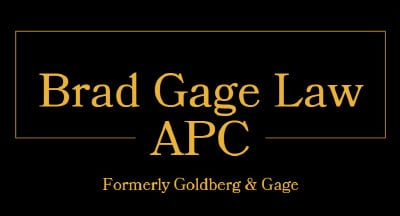When you think of biased hiring practices, you probably think of actions that are deliberate or malicious. For example, you may picture a company owner who is biased against minorities and refuses to hire them because of his prejudice. It’s illegal and he knows it, so he tries to cover it up.
But what about unconscious biases in hiring? Is it possible for someone to discriminate unintentionally and without even realizing that they’re doing it?
Unconscious bias is still incredibly common
While it’s nice to think that we have moved beyond biases based on race, gender, disability or other factors in the workplace, studies continue to show that it exists. Some of it is done intentionally, but changes to the laws have made it rare. However, laws don’t govern unconscious bias, and so it still exists.
For instance, perhaps a company is hiring for an executive position. The person in charge of the hiring has always seen men as the leaders of companies — likely because most CEOs are men. When they interview women candidates for an executive position, does that unconscious bias affect how they view those candidates?
You can sometimes see bias when people don’t have a clear reason for their hiring decisions. If they say something like “He just seemed like a better leader” or “He felt like the man for the job,” this could indicate that his gender influenced the decision more than his credentials. He fit what the hiring team expected and got the job because of that bias.
What can you do if you believe you’ve been victimized by hiring bias?
Employment discrimination is complex. If you are discriminated against in any way, though, just be sure you understand your rights and your options moving forward.
